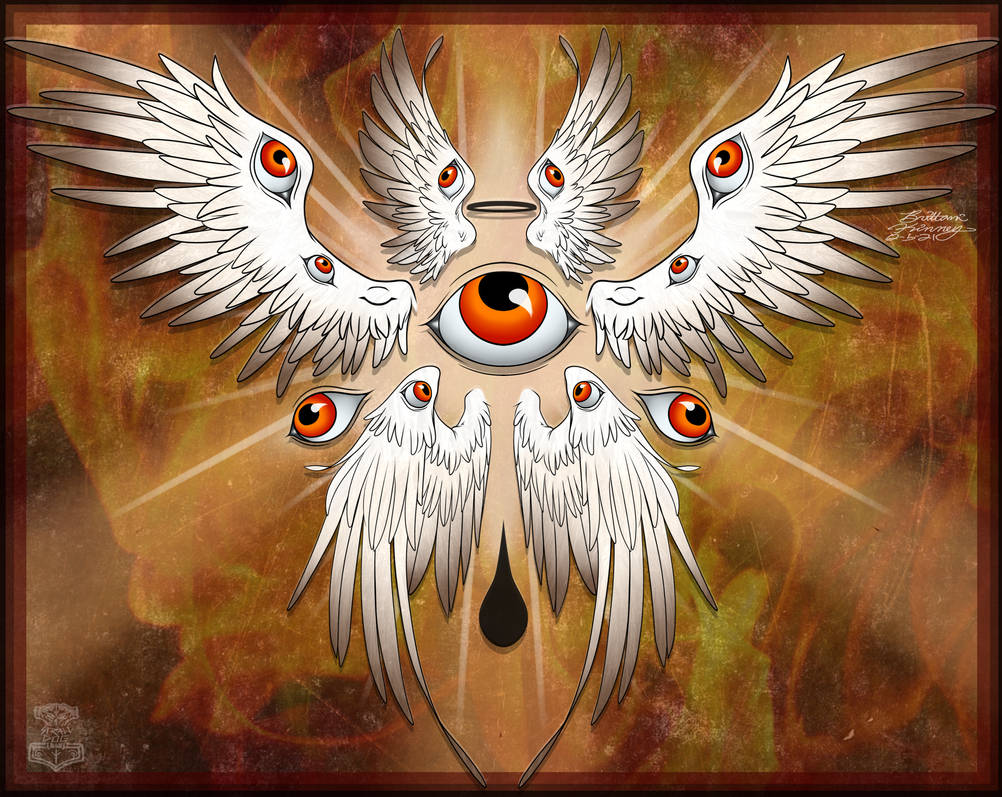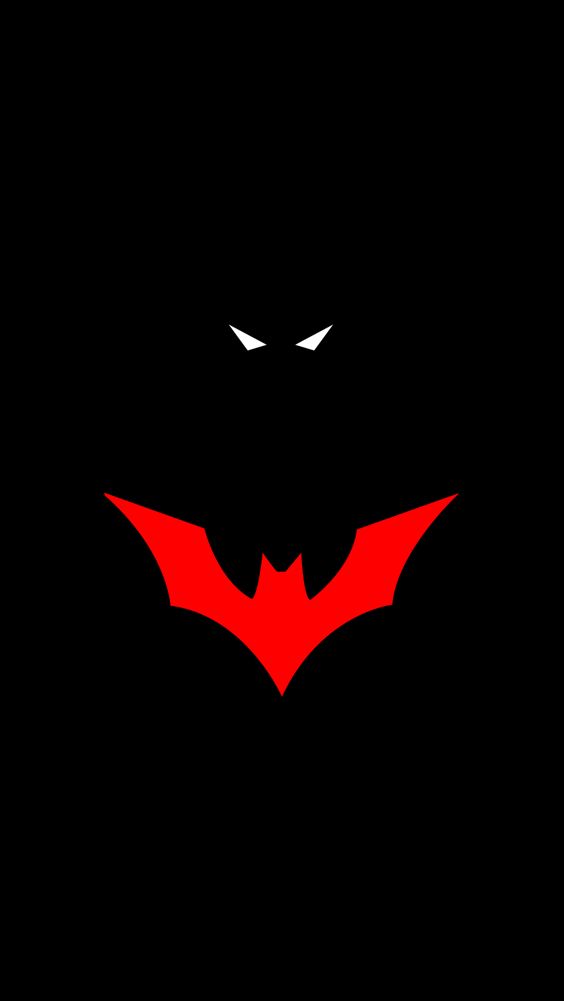It seems like it’d get increasingly impractical as the years go on to hundreds of thousands and millions of years to write them out that way, but then…I guess technically one may already do this with the preceding years, so future’s fair game for it?
it’s going to be hard to get to 40k if we don’t keep counting through the 10s.
In lore, in warhammer humans count XXX.MYY.
Like 005.M31 to 014.M31 for the Horus Heresy in the 31st millennium.
I vote we switch up to that system. The counting, not the
heresy.coward.
People already abbreviate to the last two digits when appropriate, so it’s not hard to imagine people doing the same for bigger numbers.
For keeping track of stuff electronically, we’re pretty much set too. 64 bit unix time will take us well over 100 billion years.
I was looking at some old pictures of my family and some of them had dates like 921 for 1921 in them. I used to abbreviate 88 for 1988, but I’ve never seen people using 3 digits like that.
During y2k, a third digit was one of the compromises for languages like Perl. There were so many places that only displayed a two digit year but rolling over to 00 would have made it difficult to sort or do date math, or even to convert to a four digit year. So the year rolled over from 99 to 100, so dates with two digit years could be sorted correctly. If you were only displaying two digits, it probably correctly displayed as 00. If you wanted to convert to four digit years,just add 1900
Grr. Is THAT why I had to subtract 1900 off my year for a damn c library time function?
Seeing as the current year is 12,023 I’m gonna say: Yes.
Can’t wait for the drama to patch Windows XP to survive y10k.
I put in a lot of extra hours helping prevent y2k from being a disaster but I hope they’re not expecting me again for y10k
The chosen one. You will be frozen and revived thousands of years later to make sure we don’t have to spend money to replace the label printer.
There are a lot of things it depends on.
First is whether we are still using the same calendar base date. The currently accepted international system is based on Christendom, but there are other calendars out there with different dates. You could see a switch over if another group becomes more dominant. Or you could get another system implemented entirely; France tried to change its base year to the French Revolution.
Second is if Earth is the only human inhabited planet. We are already seeing that the Martian day throws a lot of coordination up in the air, and that is without having human bases there. It is possible that Mars develops its own calendar that better fits Martian time. At that point, the only link for calendars across humanity would be the Unix Epoch.
The Unix Epoch is obviously the correct base for any calendar.
No I think time will just stop.
A new robot Messiah will arrive in 8630 so our year 10000 aC will be their 1370 aR
FYI, the abbreviation is AD for “anno domini”. Anno Christi would work too but it’s not the normal choice.
Kudos for AR, would that be “Anno Roboticus”?
I thought After Christ lol
You’re Italian too, huh?
Yep! You wouldn’t have usually noticed but… brain fart!
Happens to the best of us lol
They’ll just go to A001, thus pushing back the problem for 26,000 more years.
Thus
pushing back the problem for 26,000 more years.solving the problem once and for all!!
A000 is next
Found the Excel fanboy
? It’s hexadecimal
There’s already a movement to call it the 10000s because that’s about how long ago we had the idea to have permanent settlements
It’s how long archeology has said we have had permanent settlements.
In reality it’s likely far earlier than that, we only just found a settlement from 11,000 BCE in Turkey, Gobekli Tepe which was likely a sanctuary/shrine, as well as other towns in the surrounding area likely having started before even then.
Big archeology pushed back to say that that’s not 100% certain and that humans were still nomadic, despite all the evidence showing otherwise. It was finally just recognized officially a couple months ago.
Why would that be a problem? We already often only use the last two digits to refer to the year, that’ll probably not change.
I would hope that time and date formats would be redesigned by that point. If we would live to y10k, I’d expect a lot of space colonization. At that point, I’d expect there to be some other point of reference to define timestamps.
Y10k bug will end society
What’s going to happen, is that I’m going to start a Humanist cult, and they’re going to name the new age after me.
They’ll call it “the year of our salvation.” They just misremember everything, and think I was some hero. The reality is I’m an asshole and should never be trusted leading a quasi-religious crusade.
Yup, ducks are general assholes. And they rape a lot, which also tracks with the cult leaders. And they quack, too!
By then, I don’t think that the use of earth’s orbital period around the sun would make sense as a unit of measurement. It is important to track the seasons if you’re living in an agricultural society. But the orbital period of the earth is not consistent across time, nor the time it takes for the earth to rotate. It doesn’t make a good unit of measurement. And don’t get me started on leap years, leap seconds, negative leap seconds, timezones and daylight saving times…
I’d prefer to base the new unit of time based on “Plank time”. About 10^44 of these are about one second. Now if we switch to the duodecimal system we can define 12^41 × Plank time to be our standard unit. It’s about a third of an earth second. 144 of these (12^43) equal roughly 3/4 of a minute. 144 of these (12^45) is about 1.8 hours. 12 of these (12^46) could be the equivalent of a day, 12 of that could be an equivalent of a week, and you can find an equivalent for a year. The duodecimal is unnecessary, but it makes division a bit neater. Now peak a date well before the beginning of human history to avoid the need for negative years (BC / AD) and that’s it.
That way you get a single number that you can manipulate arithmetically. Not like yyyy/mm/dd format where each part is a different length.
…what?











